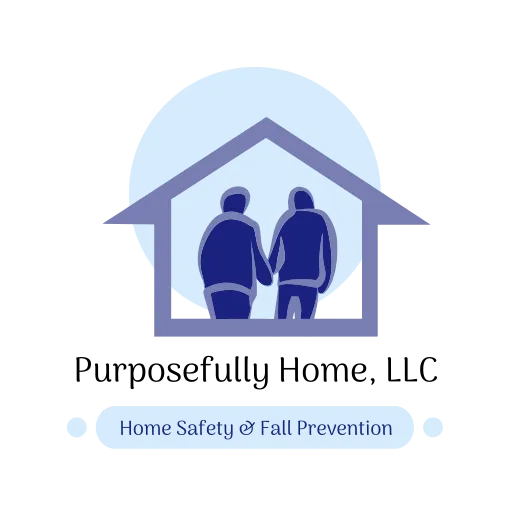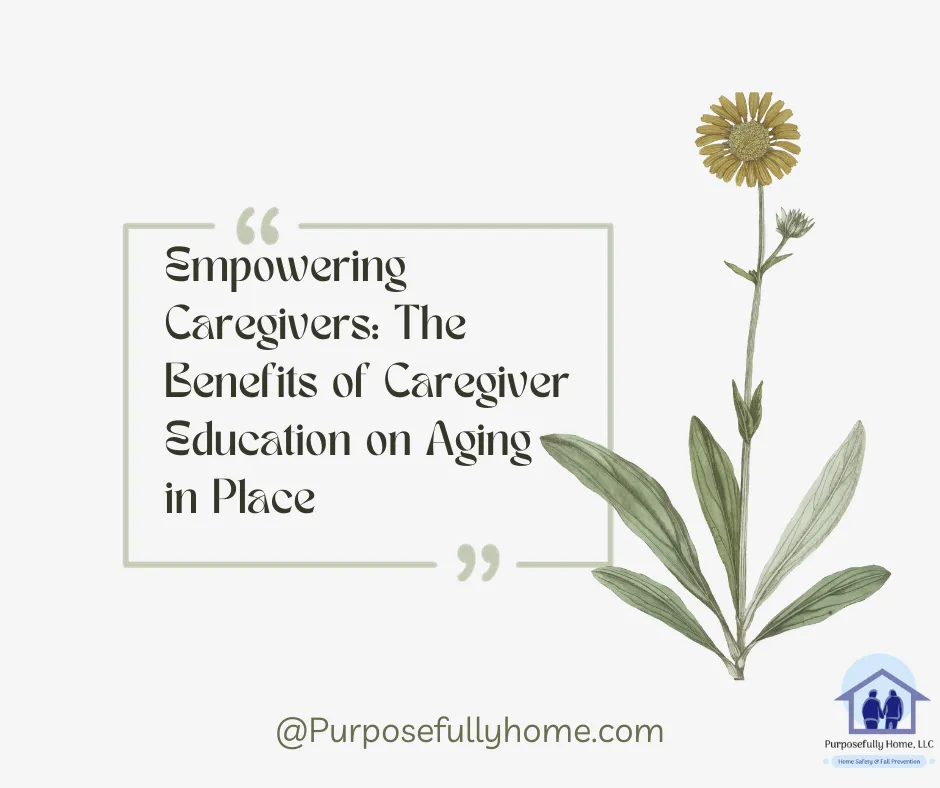1. **Enhanced Quality of Care:**
Caregiver education equips individuals with the knowledge and skills necessary to provide high-quality care. Understanding the specific needs of aging individuals, from managing chronic conditions to recognizing signs of potential health issues, empowers caregivers to deliver more effective and personalized support.
2. **Safety and Fall Prevention:**
Education on safety measures and fall prevention is paramount for caregivers assisting seniors who wish to age in place. By understanding the potential risks and implementing preventive strategies, caregivers can create a safer home environment, minimizing the likelihood of accidents and injuries.
3. **Optimized Medication Management:**
Caregiver education often includes training on medication management. Ensuring that caregivers understand proper medication schedules, potential side effects, and the importance of medication adherence contributes to the overall health and well-being of seniors aging in place.
4. **Promoting Independence and Dignity:**
Education empowers caregivers to strike a balance between providing necessary assistance and promoting the independence and dignity of the seniors they care for. Learning effective communication techniques and fostering a supportive environment can greatly contribute to the emotional well-being of aging individuals.
5. **Early Detection of Health Changes:**
Caregivers with a solid educational foundation can recognize subtle changes in the health status of their care recipients. Early detection of health issues allows for timely intervention, preventing the escalation of problems and potentially avoiding unnecessary hospitalizations.
6. **Navigating Complex Healthcare Systems:**
The healthcare landscape can be intricate and challenging to navigate. Caregiver education provides insights into the intricacies of the healthcare system, helping caregivers access necessary resources, understand medical jargon, and advocate effectively for the needs of their care recipients.
7. **Reduction in Caregiver Burnout:**
Caregiving can be emotionally and physically demanding. Education on stress management, self-care, and coping strategies can significantly reduce caregiver burnout. A well-informed and supported caregiver is better equipped to handle the challenges that come with caring for an aging loved one.
Conclusion:
In conclusion, caregiver education is a cornerstone in ensuring successful aging in place. By investing in the knowledge and skills of caregivers, we not only enhance the quality of care provided but also contribute to the overall well-being and independence of seniors. As we continue to prioritize aging in place as a viable and fulfilling option for our aging population, the role of caregiver education becomes increasingly invaluable. It's not just about caring for the elderly; it's about empowering caregivers to be effective advocates and companions on the journey of aging in place.

